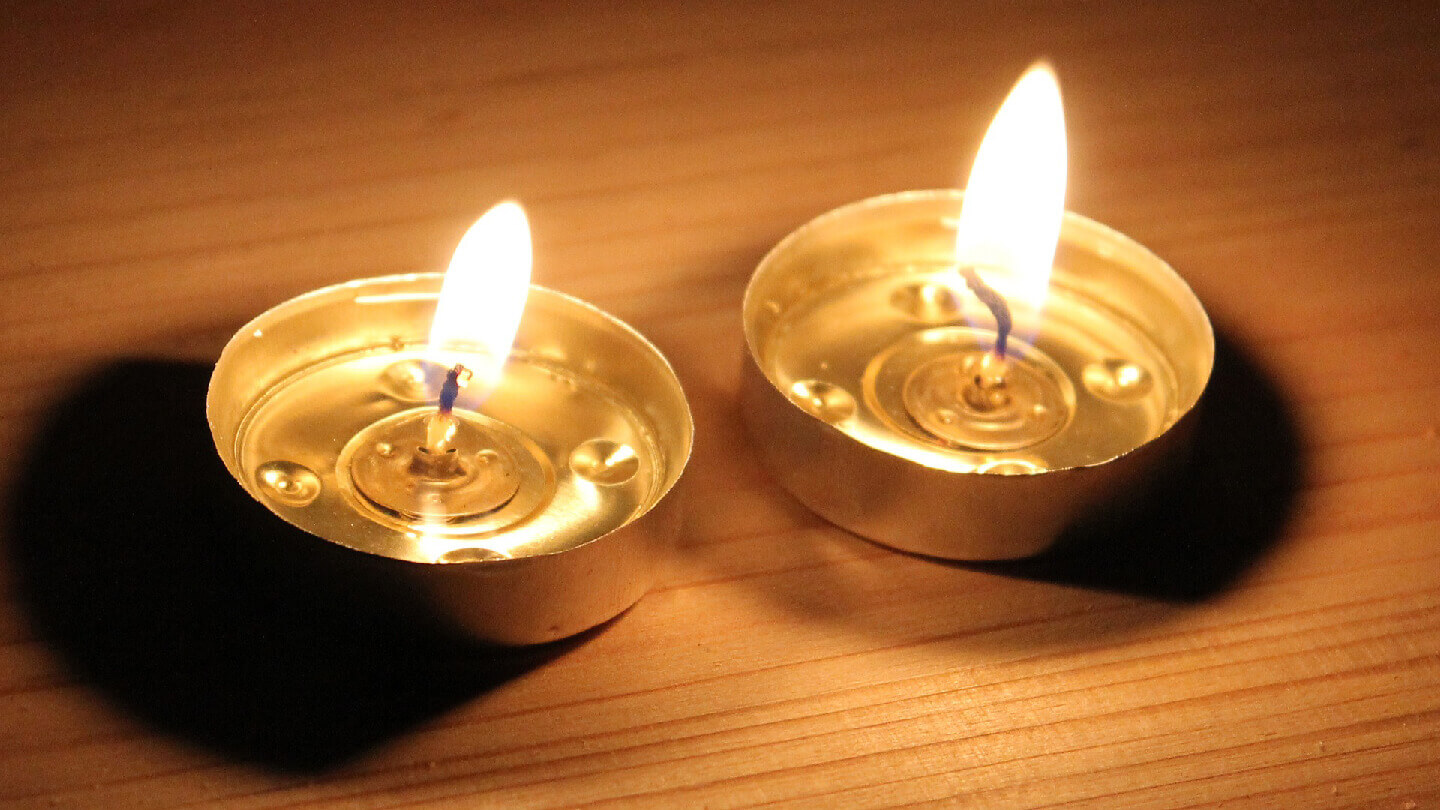If you have ever participated in a Jewish Kabbalat Shabbat meal, then you have most likely heard the infamous song, “Shalom Aleichem (שלום עליכם).” This traditional song has been a central part of Friday night Shabbat liturgy for many years and is prevalent in most sects of Judaism. Its purpose is to signal the start of Shabbat as well as to usher peace and wholeness into the home.

Shalom Aleichem was originally a poem that was written by kabbalists (believers in Jewish mysticism) in the city of Tzfat towards the end of the 16th century. It is found in the Talmud in addition to the rather interesting and slightly controversial teaching that goes with it.
According to the teaching, when an individual leaves the synagogue on a Friday night after saying prayers, two angels escort him on his journey home. One of the angels is supposedly righteous whereas the other does what is evil in God’s sight.
If the man’s house is well-prepared for Shabbat, such as the table being beautifully set, the meal prepared, and a peaceful atmosphere amongst the family, then the good angel will say a blessing, wishing the same to occur the following week. After the good angel blesses the man and his home, the evil angel is forced to say, “Amen, may it be so.”
If the opposite occurs, however, where the man’s house is a mess either physically or emotionally, then the bad angel will utter a wish that it will be exactly the same way next Shabbat. The good angel must then respond by saying, “Amen, may it be so.”
It is not surprising that the previous teaching on this poem has some controversy associated with it. Nonetheless, it serves as a window into Jewish thought throughout history, especially under the influence of Kabbalah (Jewish mysticism).
In 1918, one of the most well-known melodies for Shalom Aleichem was written by Rabbi Israel Goldfarb, an American composer and conductor. The slow yet beautiful tune is the most recognizable and commonly played versions of this song, despite more upbeat compositions existing.
Even more so, this song has become a fundamental part of Jewish culture, marking the start of Shabbat in Jewish homes across the world. You can hear a version of Rabbi Goldfarb’s melody here:
Below are the lyrics to Shalom Aleichem in Hebrew and English. It should be noted that each verse is customarily sung three times each, though not all observe this practice.
שָׁלוֹם עֲלֵיכֶם מַלְאֲכֵי הַשָּׁרֵת מַלְאֲכֵי עֶלְיוֹן
מִמֶּלֶךְ מַלְכֵי הַמְּלָכִים הַקָּדוֹשׁ בָּרוּךְ הוּא
בּוֹאֲכֶם לְשָׁלוֹם מַלְאֲכֵי הַשָּׁלוֹם מַלְאֲכֵי עֶלְיוֹן
מִמֶּלֶךְ מַלְכֵי הַמְּלָכִים הַקָּדוֹשׁ בָּרוּךְ הוּא
בָּרְכוּנִי לְשָׁלוֹם מַלְאֲכֵי הַשָּׁלוֹם מַלְאָכֵי עֶלְיוֹן
מִמֶּלֶךְ מַלְכֵי הַמְּלָכִים הַקָּדוֹשׁ בָּרוּךְ הוּא
צֵאתְכֶם לְשָׁלוֹם מַלְאֲכֵי הַשָּׁלוֹם מַלְאָכֵי עֶלְיוֹן
מִמֶּלֶךְ מַלְכֵי הַמְּלָכִים הַקָּדוֹשׁ בָּרוּךְ הוּא
The song is transliterated as follows:
Shalom aleichem malachei hash-sharet malachei Elyon,
mi-melech malachei ham-melachim haq-qadosh Baruch Hu.
Bo’achem le-shalom malachei hash-shalom malachei Elyon,
mi-melech malachei ham-melachim haq-qadosh Baruch Hu.
Barchoni le-shalom malachei hash-shalom malachei Elyon,
mi-melech malachei ham-melachim haq-qadosh Baruch Hu.
Tzeitechem le-shalom malachei hash-shalom malachei Elyon,
mi-melech malachei ham-melachim haq-qadosh Baruch Hu.
Peace unto you, ministerial angels, messengers of [the] Highest,
from the King, king(s) of the kings — the Holy, blessed be He.
[May] your coming [be] to peace, envoys of the peace, messengers of [the] Highest,
from the King, king(s) of the kings — the Holy, blessed be He.
Bless me for peace, envoys of the peace, messengers of [the] Highest,
from the King, king(s) of the kings — the Holy, blessed be He.
[May] your departure [be] to peace, envoys of the peace, messengers of [the] Highest,
from the King, king(s) of the kings — the Holy, blessed be He.


why is the Sephardi version slightly different and has an extra verse
Shalom,
it is unclear if there has ever been a uniform prayer. A different form of prayer developed following the rulings of local commentators.
There are various versions, poems, or additions that were common in different communities (in different cities or countries).
The first siddur was created for Spanish Jewry (Barcelona, Catalonia), followed by 13 main additional editions.
shalom my friend,
l am wondering if you could kindly help me with my learning of all things Judaism and the religious side my friend I live in Ireland and there is no synagogues around where I live I only have my grandmother who is Jewish and she is trying to teach me as best as she can but she is 87 I only know about 30% of what I should know so I was wondering for sure if you could point me to some organisation where I can learn from scratch or is there a website where I can join ok my friend shalom aleichem,
BLESSINGS FOR SHABBAT SHALOM AMEN,
YOUR’S TRULY DEAN KLOUS
CO, TIPPERARY SOUTHERN IRELAND